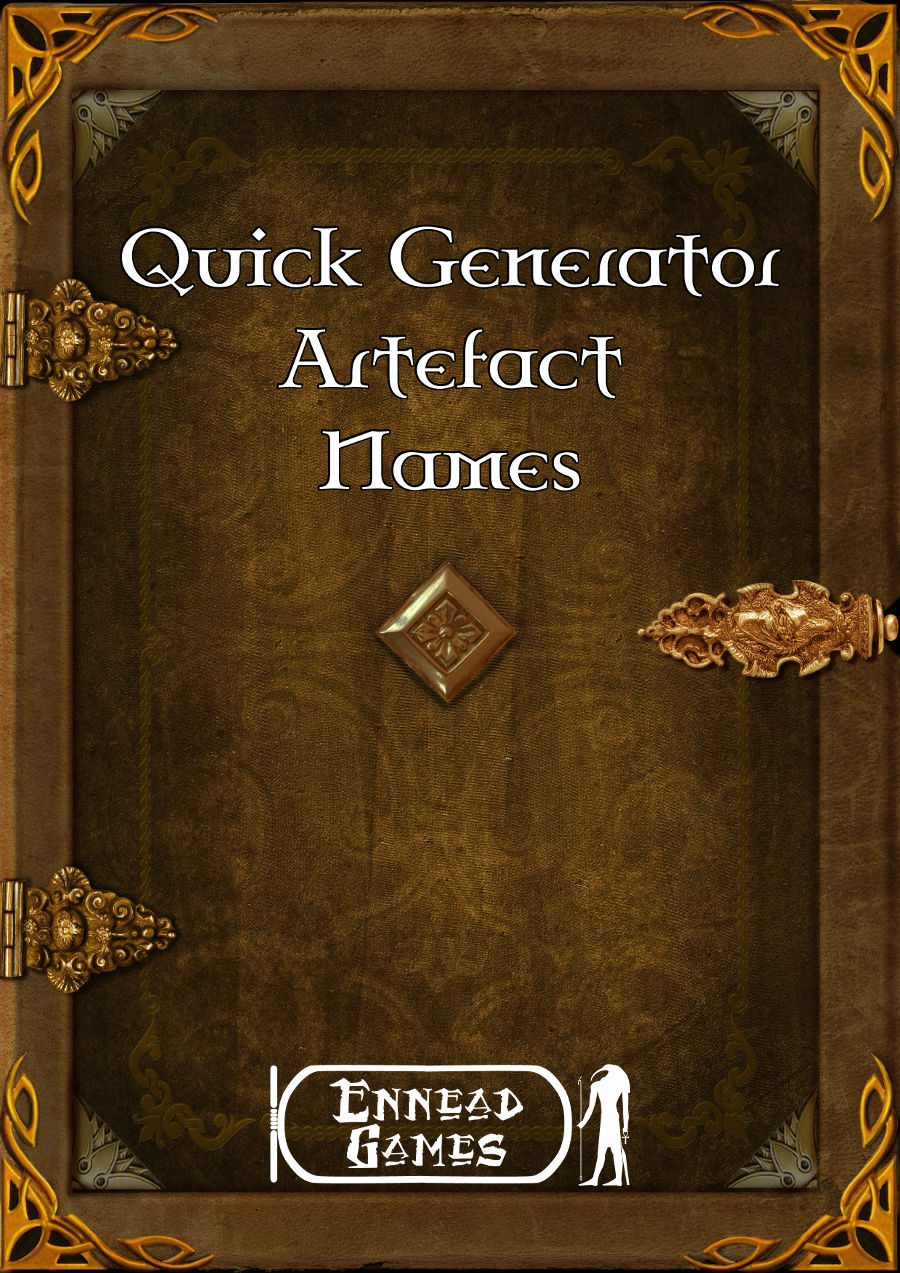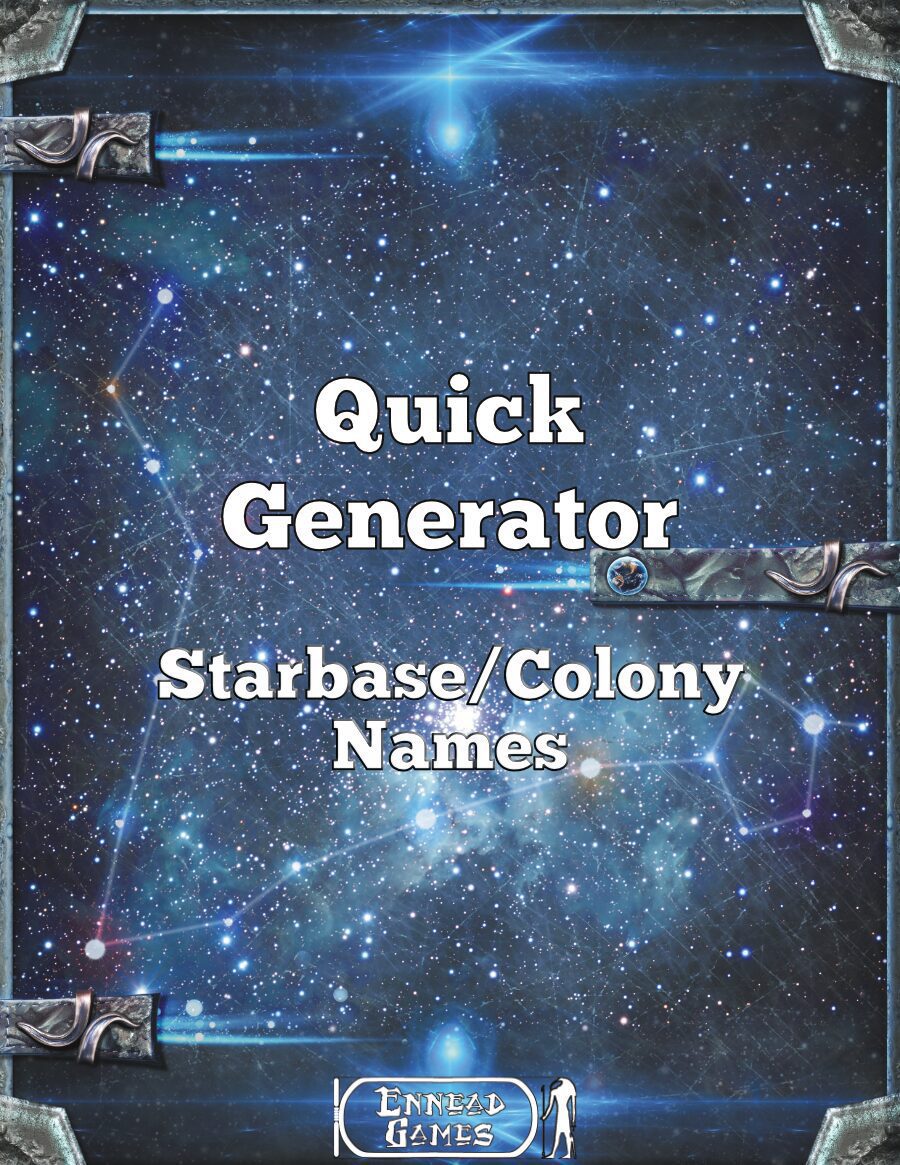Yearly Event: Meteor Strike (Disaster) (Flaurmont 19th)
A great meteorite strike the surface of the planet, causing extensive destruction. Everything is destroyed in a 25-mile-radius (3 hex radius), causing a great crater. There is also extensive damage in a 50-mile-radius area (6 hex radius) around the crater. Before and after the impact, there are a series of lesser tremors, causing slight damage (decided by DM). The wave of destruction destroys cities, reshapes lakes, coastlines, and rivers, causes great fires, and possibly kills hundreds of people. The effects on the PCs and their property in the radius is equal to an EARTHQUAKE spell (severity chosen by DM). The quake caused by the impact lasts only a few hours. Double (x2) the prices of building materials for 2 months.
The impact will be in the north-east of the country (or DM’s choice).
Major Fire caused by the meteor strike: There will be a major fire in a town or city in the area.
A huge conflagration sweeps a major city of the land, destroying 60 percent of the city. The price of lumber and building materials is x10 for the next 4 months. Double (x2) the price of food for 1 month.
The city is in the north-west of the country (or of the effect).
Loss of Population: 30 percent of the city.
Property of the PCs in this city: Nothing burned.
Famine in the city: No famine.
Plague in the city: No plague.
Plague caused by the meteor strike: No plague.
Monthly Events
1- Excessive Taxes: A new edict comes from the ruler of the land, setting the taxes upon the peasant at an impossible rate. The ruler may need to finance a military campaign, rebuild sections of the kingdom destroyed in a natural disaster, or may just be corrupt. Poorer peasants are driven into poverty or debt-slavery. Many are forced to sell their lands at low prices and take up begging. Everyone tries to find ways to avoid the new taxes (petitioning for special exemptions or hiding their goods).
Uprising by the peasants caused by excessive taxes: No uprising.
Increased bandit activity: There is an increase in bandit activity as the impoverished peasants flee to the hills.
Bandit Activity: A force of 40 bandits (led by a rogue named Belandmalk) have moved into the area and are being particularly active. They may have been driven out of a neighboring region or may have naturally gravited here. They establish a stronghold in some remote place, preferably deep in the mountains.
They have spies and informers in the towns and villages, appraising them of the movements of merchant caravans and treasury shipments.
Mercenary guards are in great demand. If the government of the area is effective, troops are called out to drive the bandits from the region. Merchants and travelers are suspicious of strangers. If the government troops are ineffective, the bandits stage raids on the small villages, robbing their grain shortly after each harvest. The bandits remain in the area until they are defeated or the pickings become too slim to be profitable.
A caravan moving through the region has 50 percent chances of being attacked (100 percent if a merchant or official is so indiscreet as to publicly let out that he is transporting a valuable cargo). A lone traveler has 80 percent chances to be robbed.
2- Death: A local noble or government official dies. He died peacefully in bed after a long life.
If the position vacated is hereditary, it is filled by his son (Kysahon). If he has no heirs, there is a 30 percent chances (Roll = 50) that some other person has inherited the property (adoption or assignment of rights). The succession goes smoothly
If the succession is unclear and there is a strong central government, the fief is assigned to a new lord by the court.
If the central government if weak or non-existent, neighboring lords attempt to seize the fief through force of arms. This can lead to armed clashes across the province.
If the vacated position is a government post, the central government appoints a new official who arrives in 2 weeks. During the time before he arrives, no government duties relating to the post can be resolved. Thus, upon the death of a magistrate, no cases could be heard or resolved until the new magistrate arrived.
3- Minor Fire: A large fire sweeps a city, town or village. Double (x2) the cost of building materials. Loss of life is minor. Minor fires are a useful tool for the DM when he wishes to make some change in the buildings or day-to-day affairs of an established place.
Percentage of the buildings destroyed:
City: 40 percent.
Town: 60 percent.
Village: 60 percent.
The minor fire happens in the west of the country.
4- Accident: Some type of terrible accident occurs in the area (DM’s choice). A bridge across a raging river may collapse, lightning may strike a building, a horse-drawn cart may rampage through the streets, a levee may break, etc. It will be the topic of conversation for some time afterwards.
The accident will: cause some inconvenience and a loss of life.
5- Maneater: A leopard, tiger, wolf, or similar creature has acquired a taste for human flesh and is raiding the local villages, carrying off women, children, and farmers. The animal strikes 1-2 times a week, killing its prey and dragging it into the woods. The villagers are paralyzed by fear, unwilling to venture outside alone after dark. They petition the government, a powerful NPC, or the PCs for aid. The maneater remains active until captured or killed.
The maneater appears in the east of the country.
Special: Nothing special.
6- Injustice: Wickedness has seized control of the local government and courts. Corrupt and greedy magistrates and court officials are jailing and punishing innocent people. This evil may occur because the magistrate has been bribed, wants to steal the property of the accused, has been tricked by others, is cruel, or is exacting official vengeance on rebels or traitors. Such injustice can be stopped if evidence can be brought to higher officials (assuming they are no corrupt) or the PCs decide to act as protectors to the innocent.
PCs: No effect.
If the PCs have a powerful enemy: A PC is wrongfully accused of a crime.
7- Minor Fire: A large fire sweeps a city, town or village. Double (x2) the cost of building materials. Loss of life is minor. Minor fires are a useful tool for the DM when he wishes to make some change in the buildings or day-to-day affairs of an established place.
Percentage of the buildings destroyed:
City: 30 percent.
Town: 50 percent.
Village: 80 percent.
The minor fire happens in the west of the country.
8- Plague: A terrible disease sweeps the land faster than the priests can check it with their spells. It lasts for 3 months. Those untouched by the disease and those of neighboring lands are suspicious of strangers. Traders do not enter plagued lands and the cost of normal goods is doubled (x2). When a plague strikes, the entire country does not become diseased all at once. Rather, the plague moves about, sweeping from town to town.
Loss of Population: 15 percent (5 percent per month).
Chances to contract the disease: 40 percent per month spent in the region, 60 percent if in the company of a diseased person.
9- Landslide: (Mountainous or hilly region only)
A major landslide or avalanche has blocked one of the main roads of the province. The road cannot be used until the landslide is cleared. The peasants must be mobilized to clear the road and the work takes 1 week(s) unless spells are used to speed the task.
The landslide will happen in the north-west of the country.
10- Uprising: Dissatisfied with their poor lot, the peasants rise spontaneously in rebellion. Their leader is a aristocrat / rogue named Aglaraagek. They may be protesting against injustice, excessive taxes, or their general misfortune. The uprising begins in one or two villages and spreads quickly to the other rural areas of the region. The peasants arm themselves with whatever is at hand. Only 10 percent of the peasants involved have proper armor.
The peasants have no military plan or strategy, simply attacking and ambushing any troops and officials of the government they find. If a strong leader should arrive in their midst, they can be trained into an effective fighting force in 3 months. Of course, uprising are dealt with severely by the government and reinforcement troops are dispatched to deal with them. No mercy or quarter is shown, a fact that causes the peasants to fight to the death.
When an uprising occurs, there are many positions a PC can fill. Unless the PCs can manage to swing the balance of power the uprising is doomed to failure and all who took part (and their families) may be executed if captured.
The DM must determine the size and type of the forces involved.
Monastery in the area: It supports them, giving them troops, shelter, and aid.
Government: The government listens and reacts to the complaints of the peasants (ex: lowering taxes, replacing official).
Bandit Activity: No increase in bandit activity.
11- Bandit Activity: A force of 120 bandits (led by a warrior named Arghgeranmi) have moved into the area and are being particularly active. They may have been driven out of a neighboring region or may have naturally gravited here. They establish a stronghold in some remote place, preferably deep in the mountains.
They have spies and informers in the towns and villages, appraising them of the movements of merchant caravans and treasury shipments.
Mercenary guards are in great demand. If the government of the area is effective, troops are called out to drive the bandits from the region. Merchants and travelers are suspicious of strangers. If the government troops are ineffective, the bandits stage raids on the small villages, robbing their grain shortly after each harvest. The bandits remain in the area until they are defeated or the pickings become too slim to be profitable.
A caravan moving through the region has 50 percent chances of being attacked (100 percent if a merchant or official is so indiscreet as to publicly let out that he is transporting a valuable cargo). A lone traveler has 80 percent chances to be robbed.
12- Bad Harvest: Poor weather, lazy farmers, bad luck, and greedy crows have combined to yield poor crop. The peasants become dissatisfied and there is considerable grumbling about ill luck and bad fates. Often the bad harvest is blames on the actions of the ruler of the land. Supposedly, the poor crop is punishment for his evil actions.
Farm Income: 3/4 normal (75 percent).
Prices of Food: doubled (x2).
Famine caused by bad harvest: No famine.
Created by using : Tablesmith



